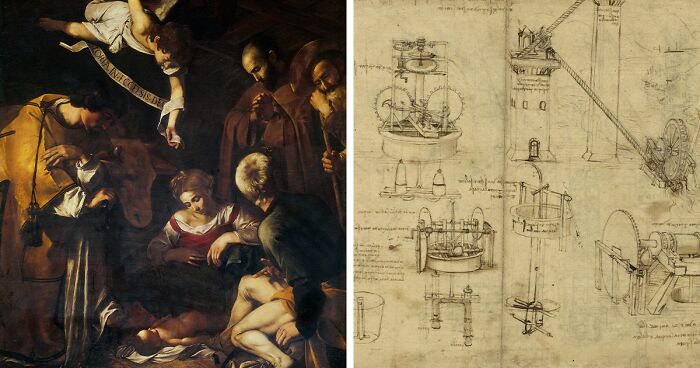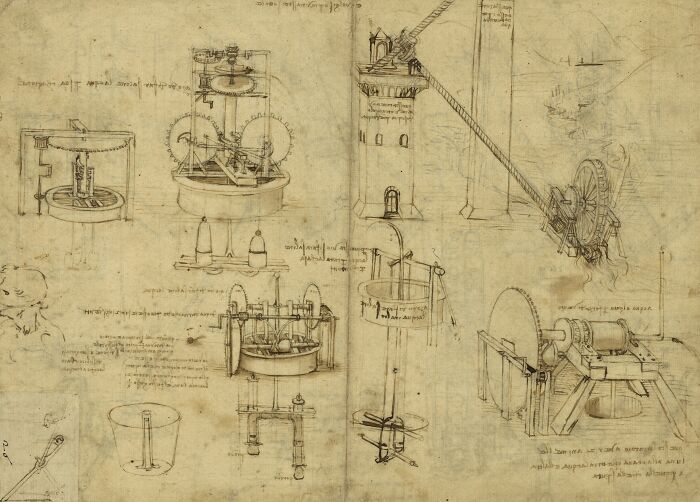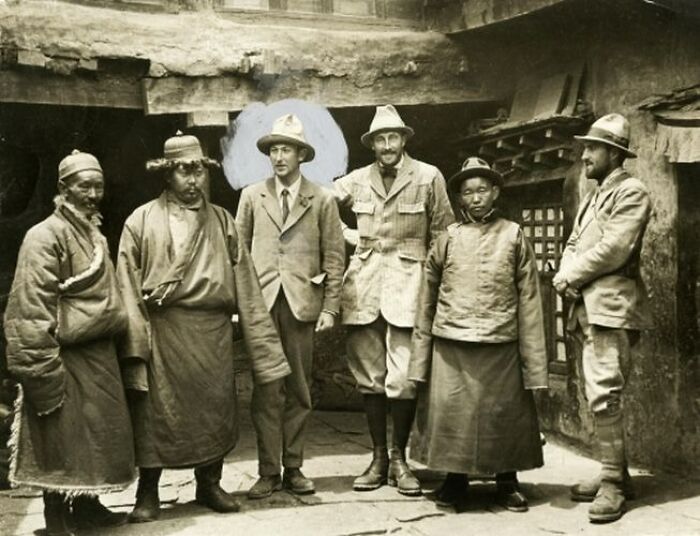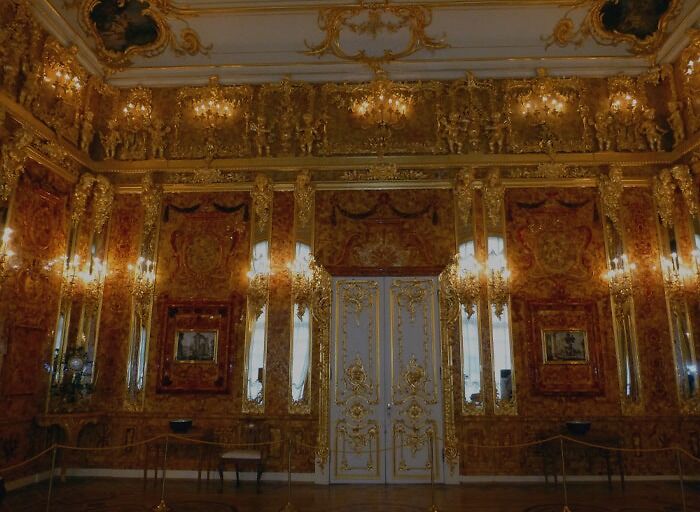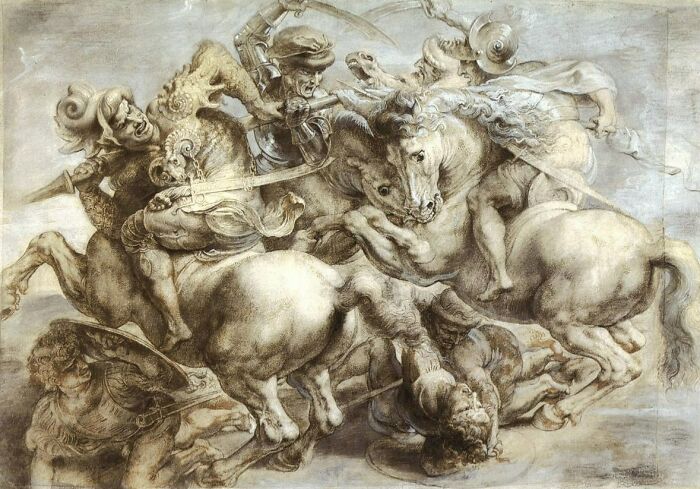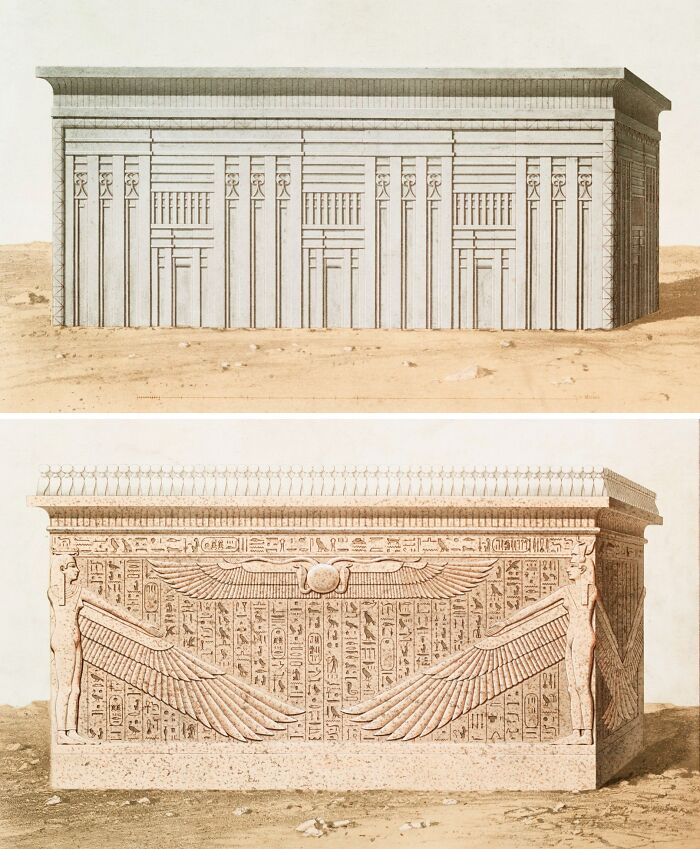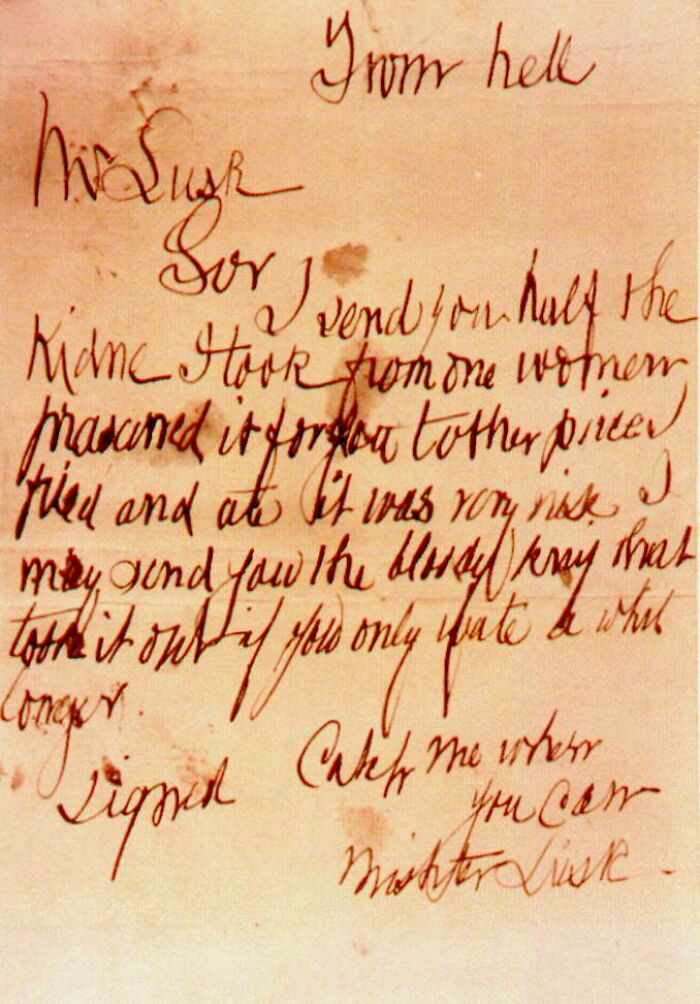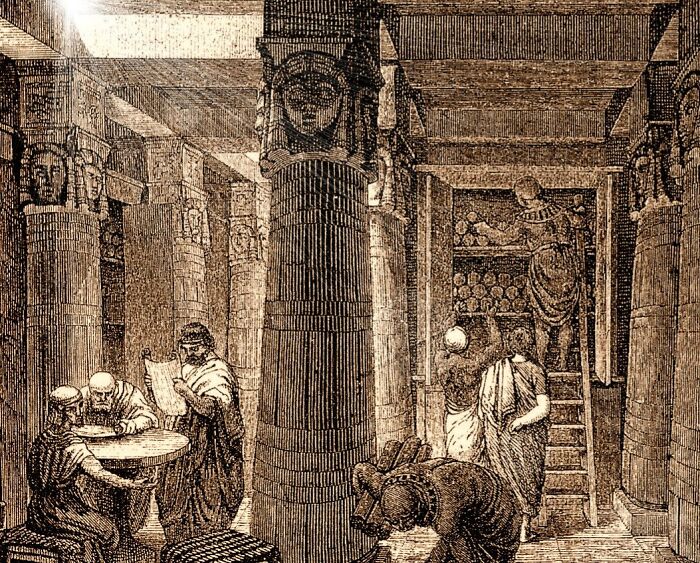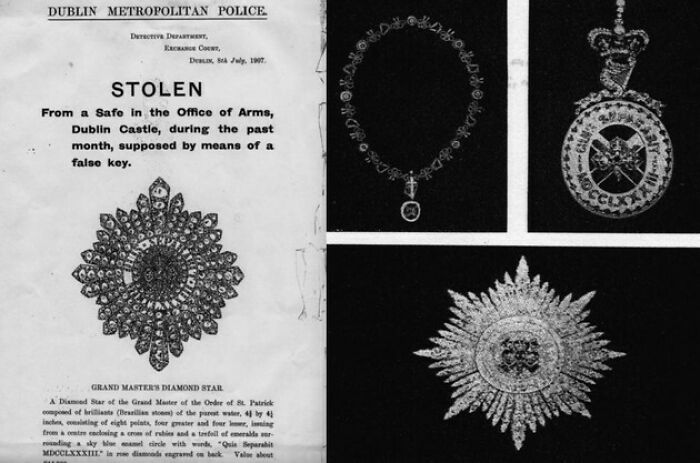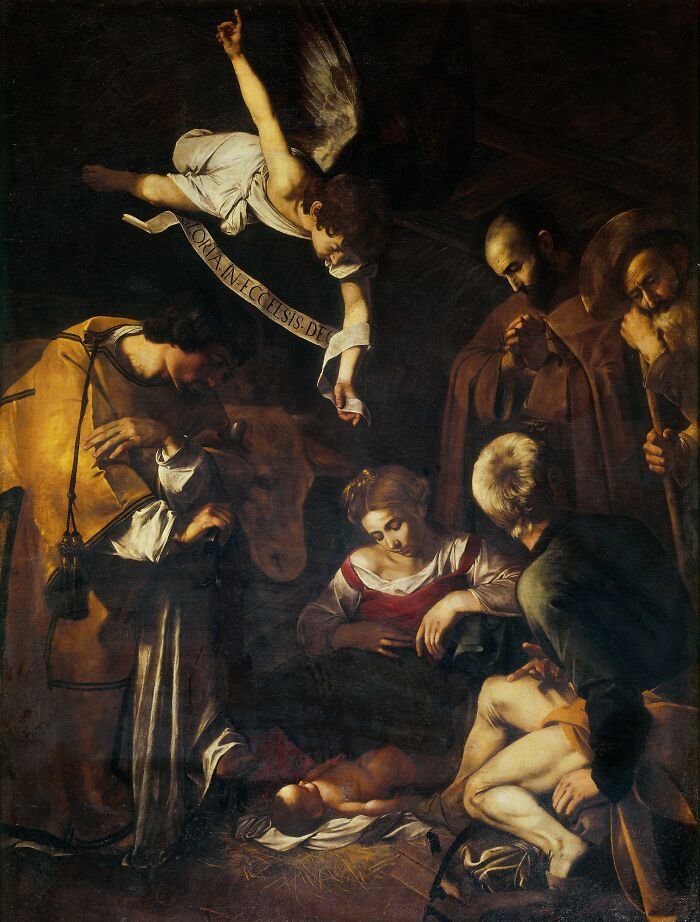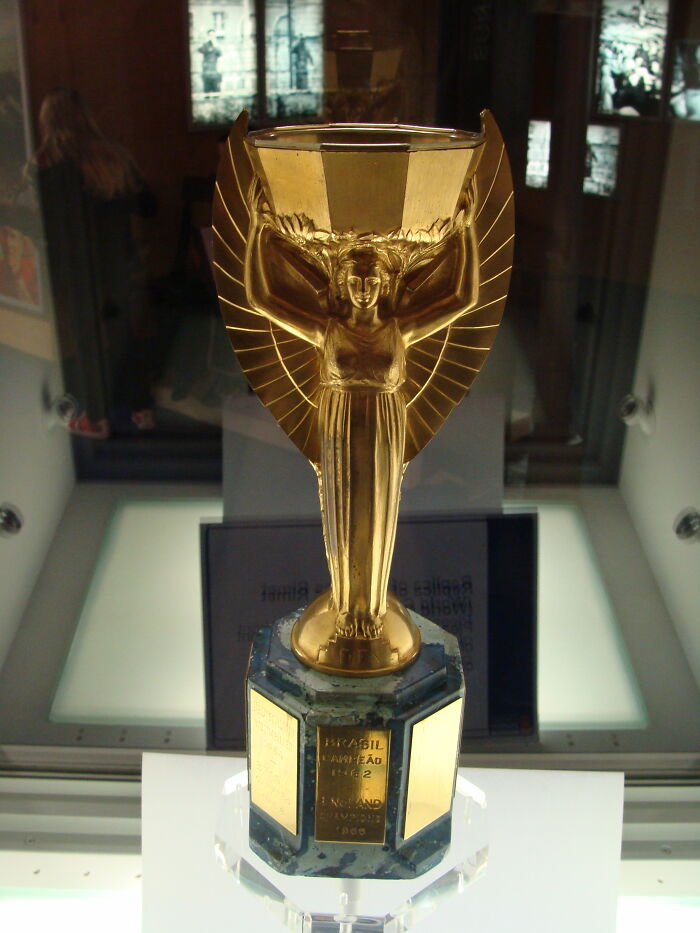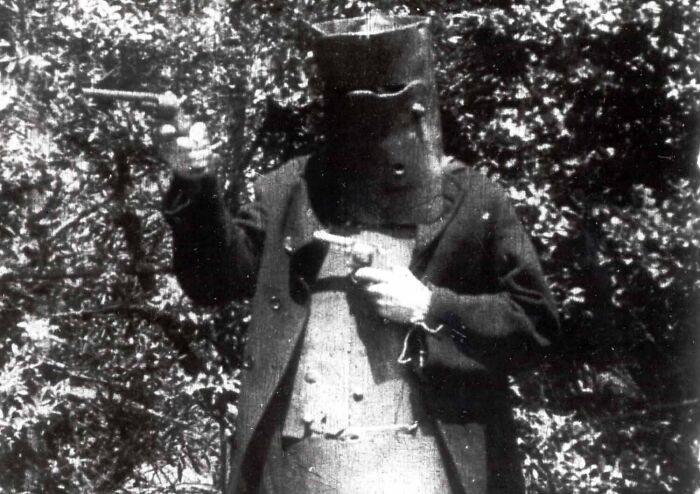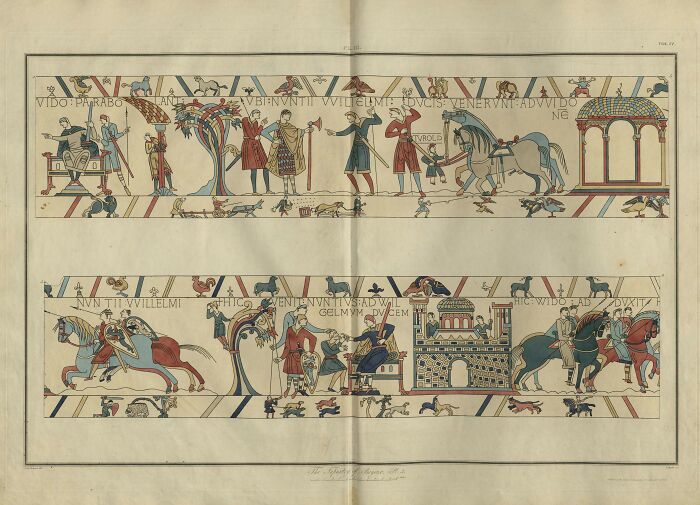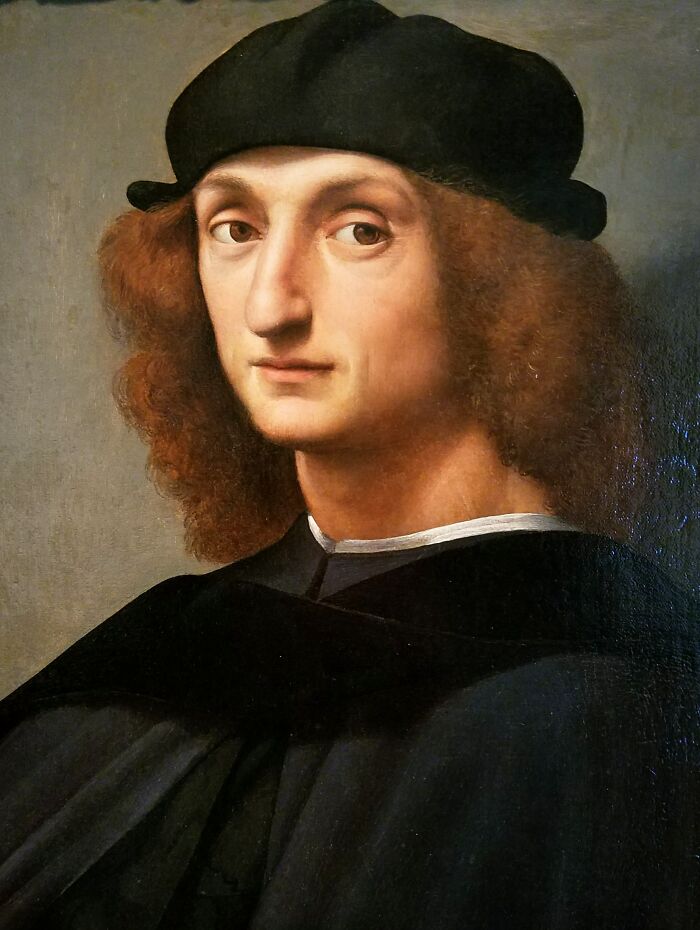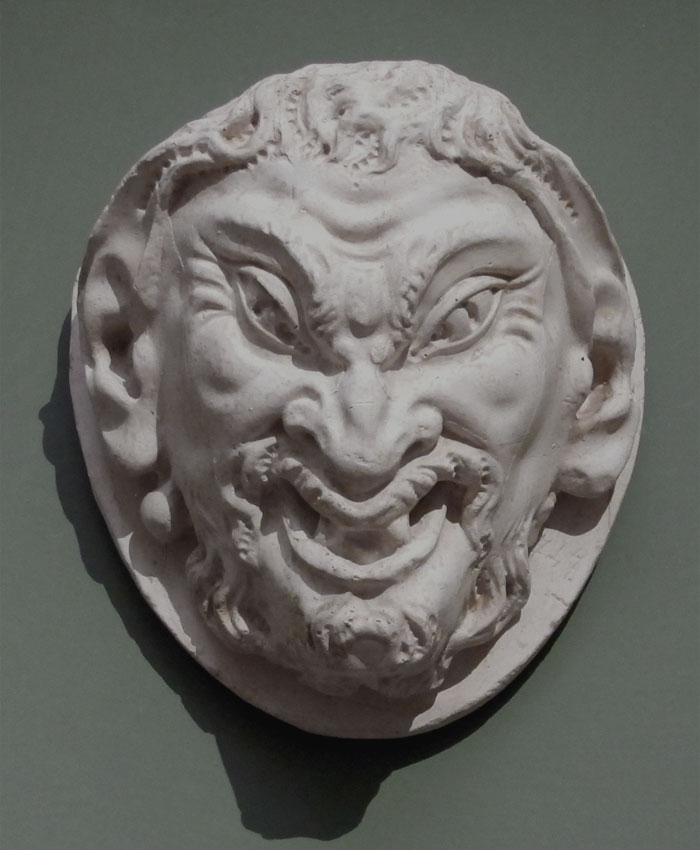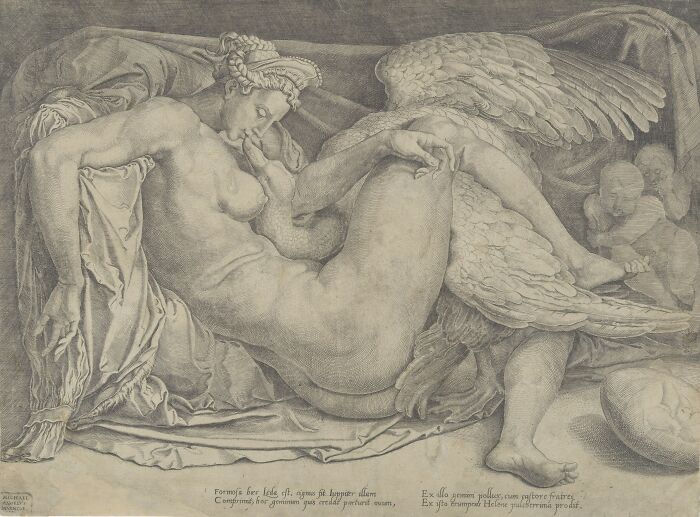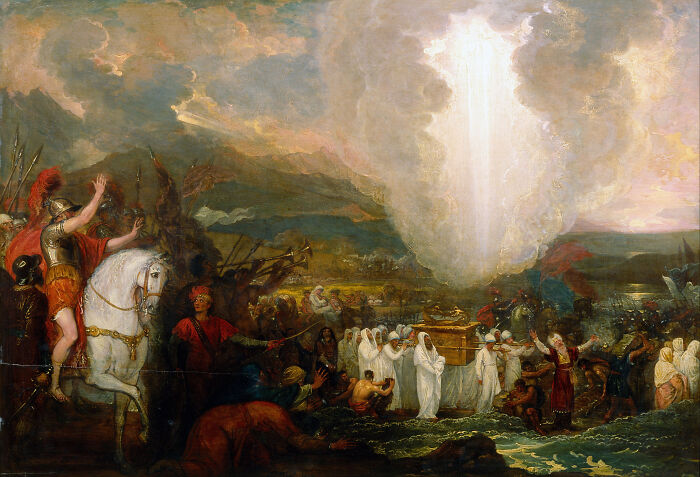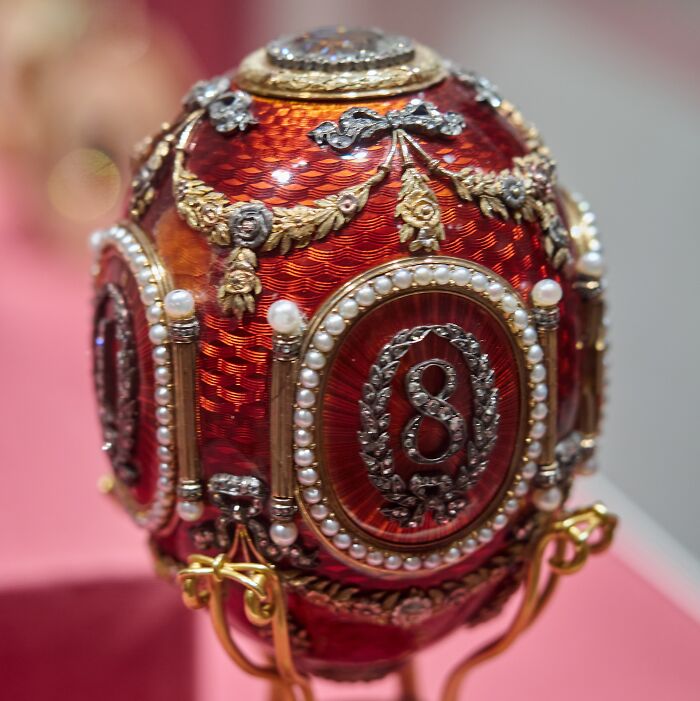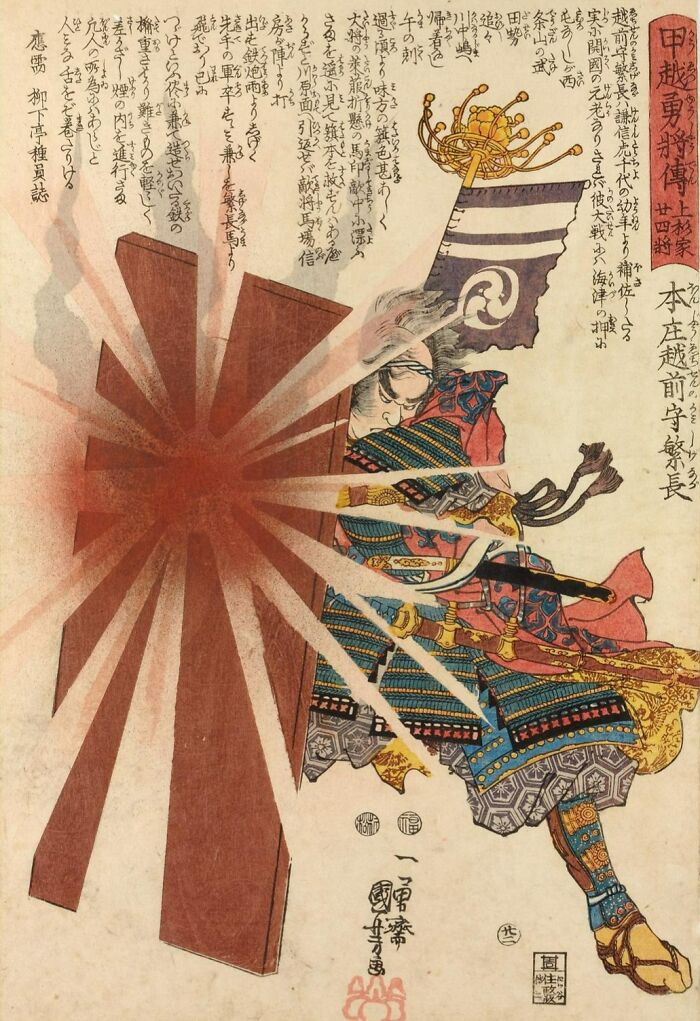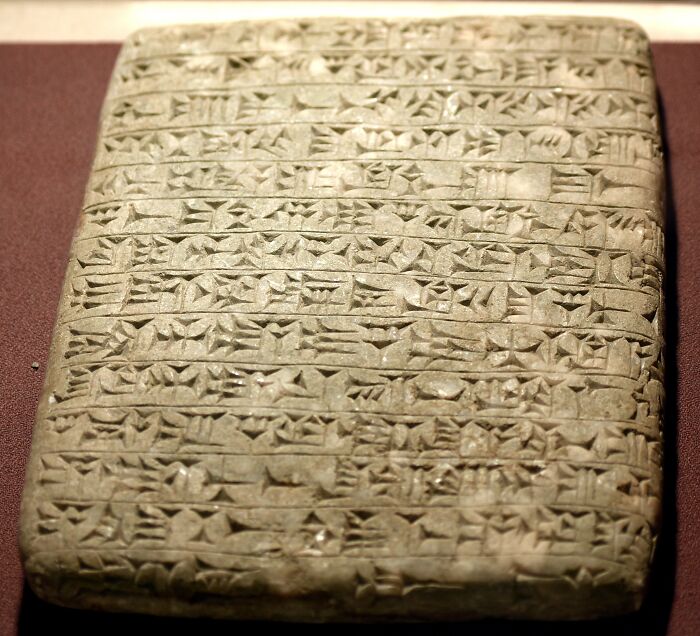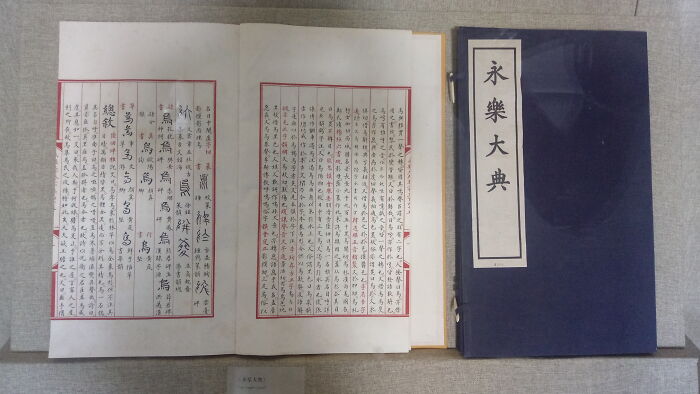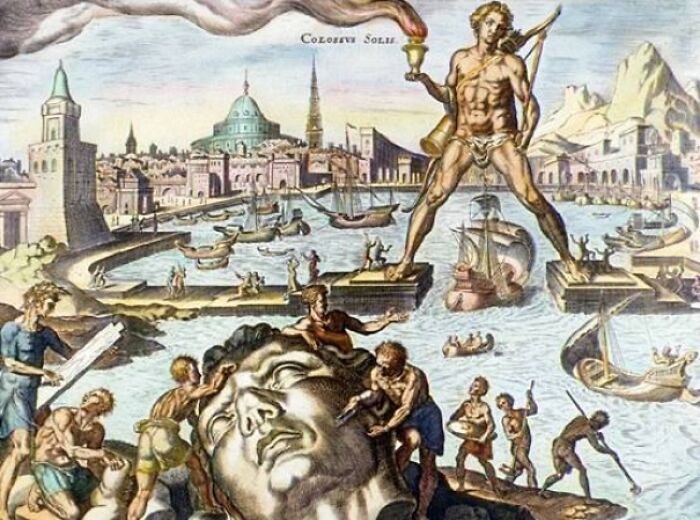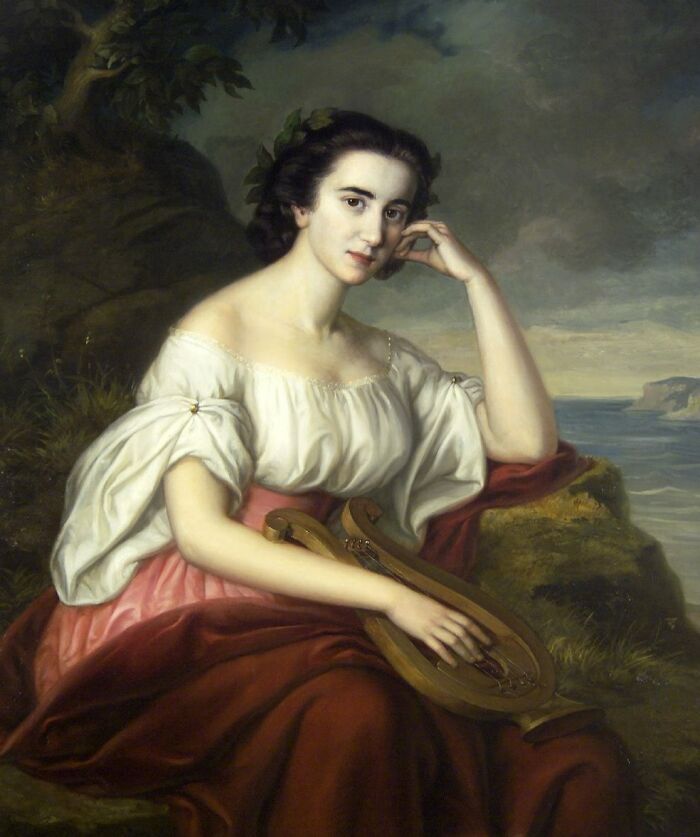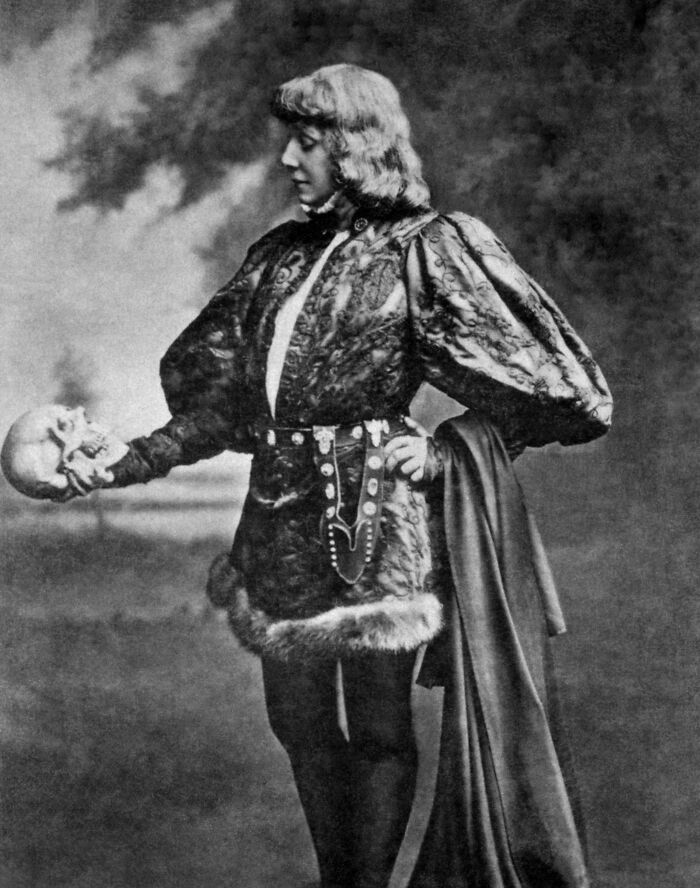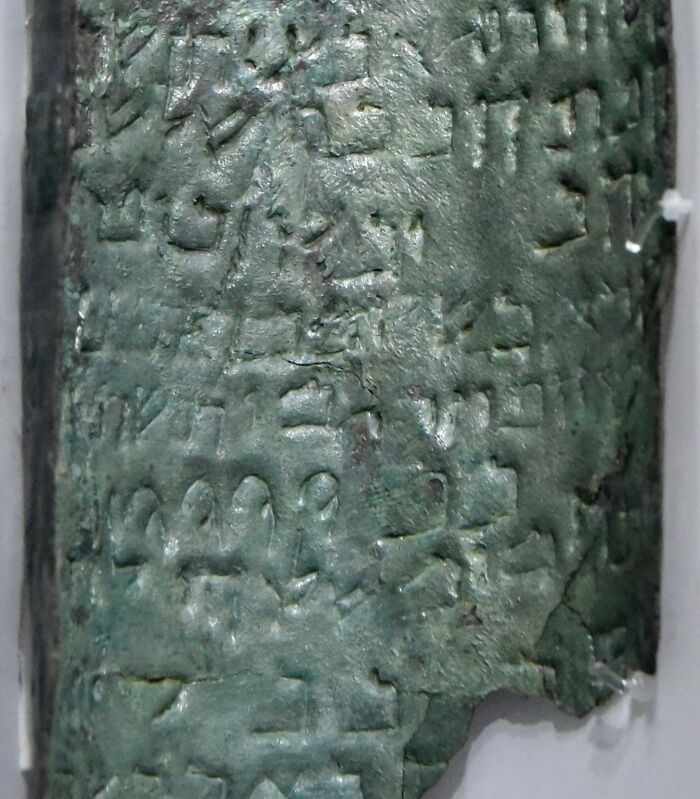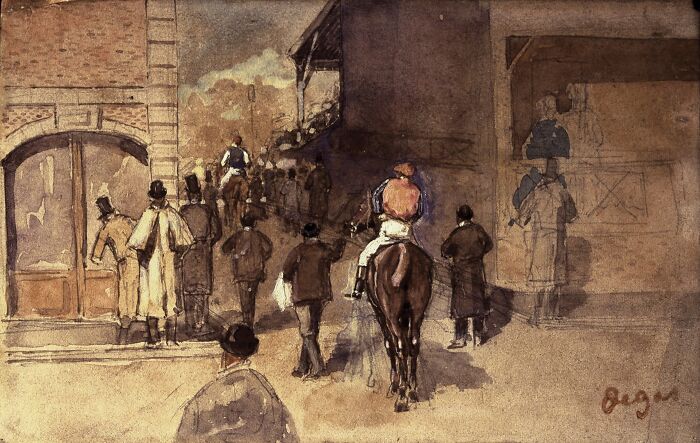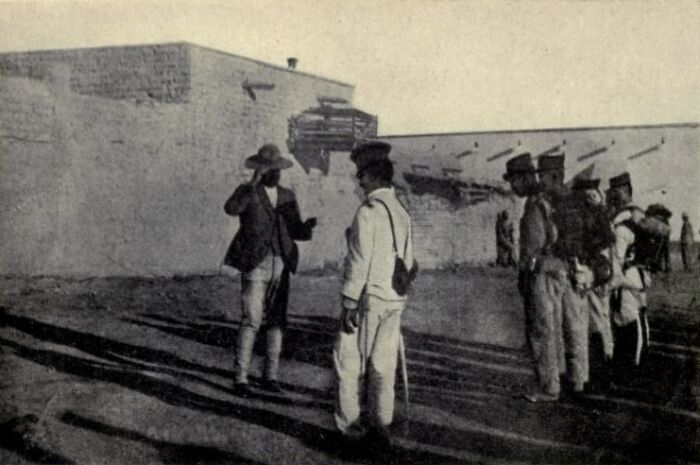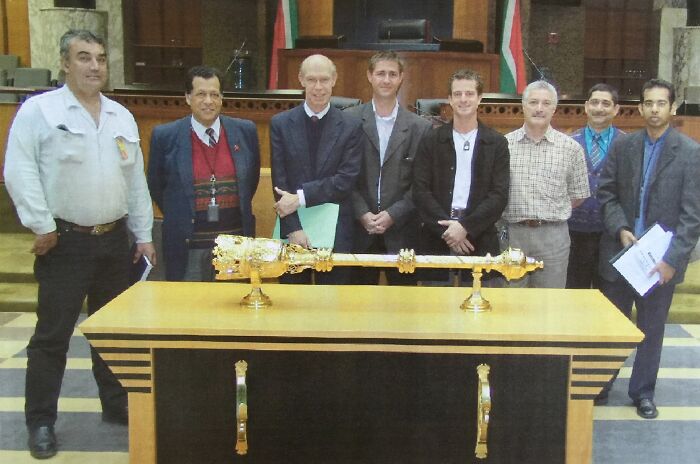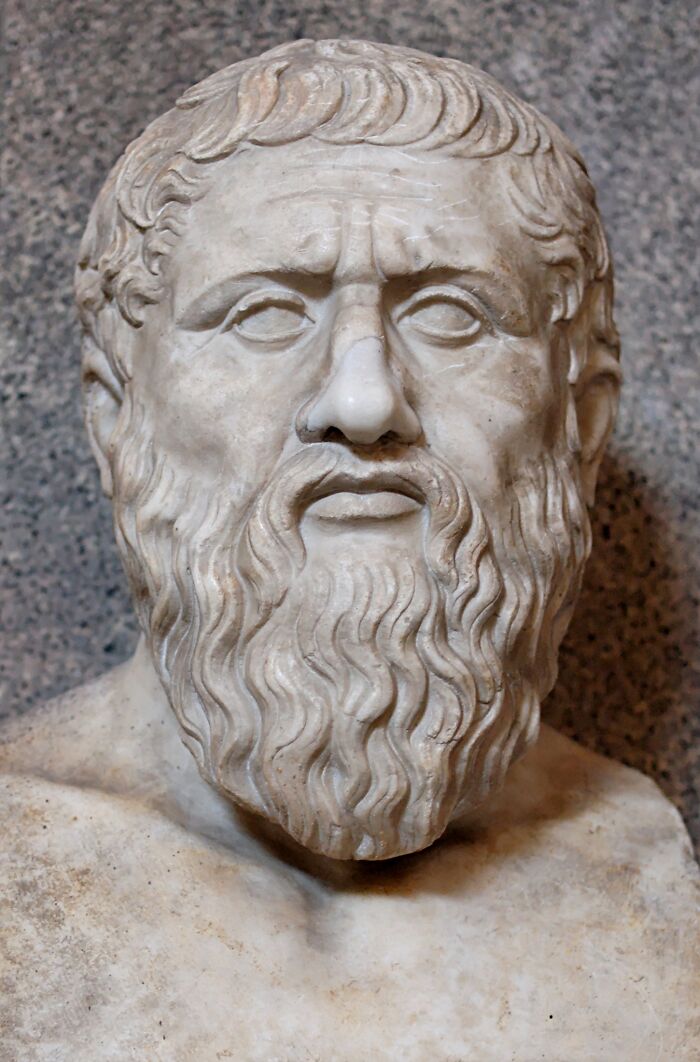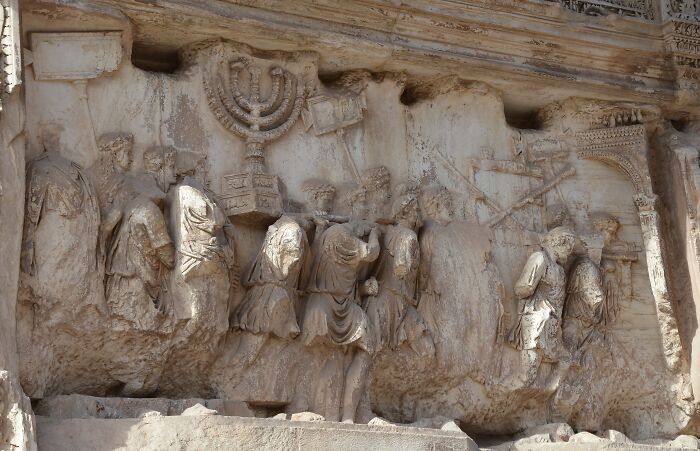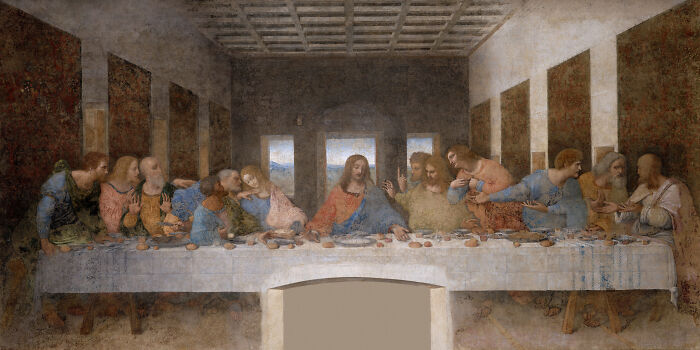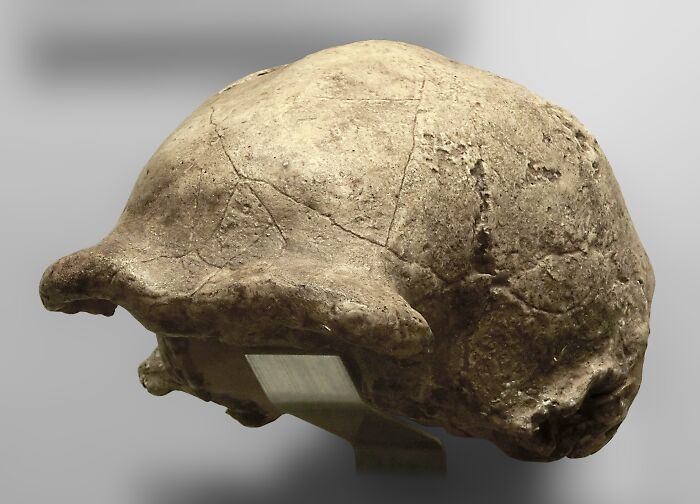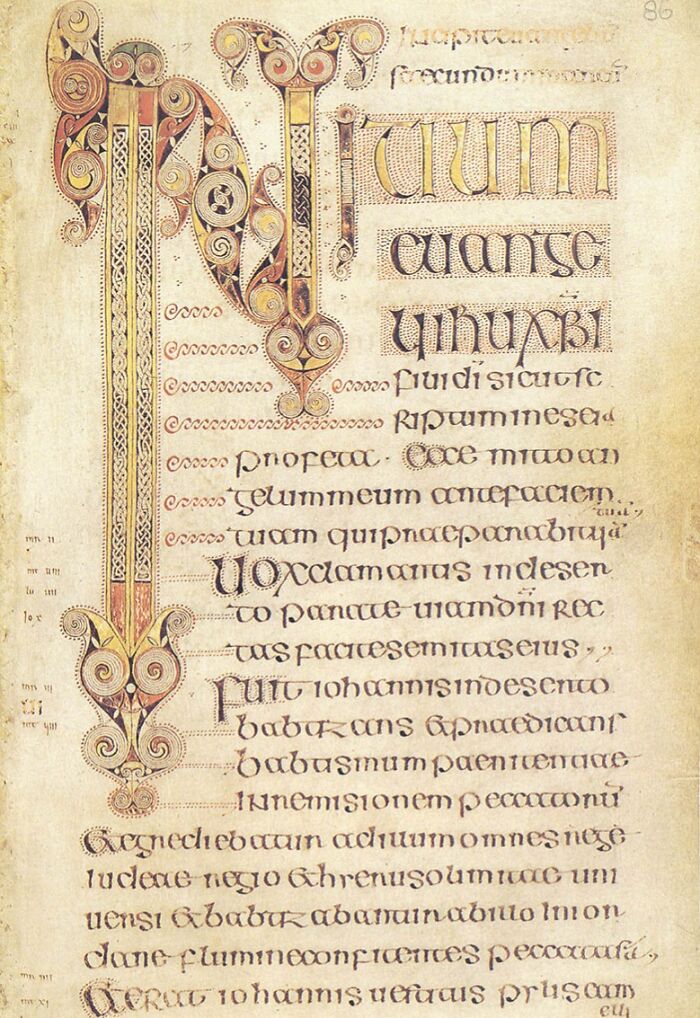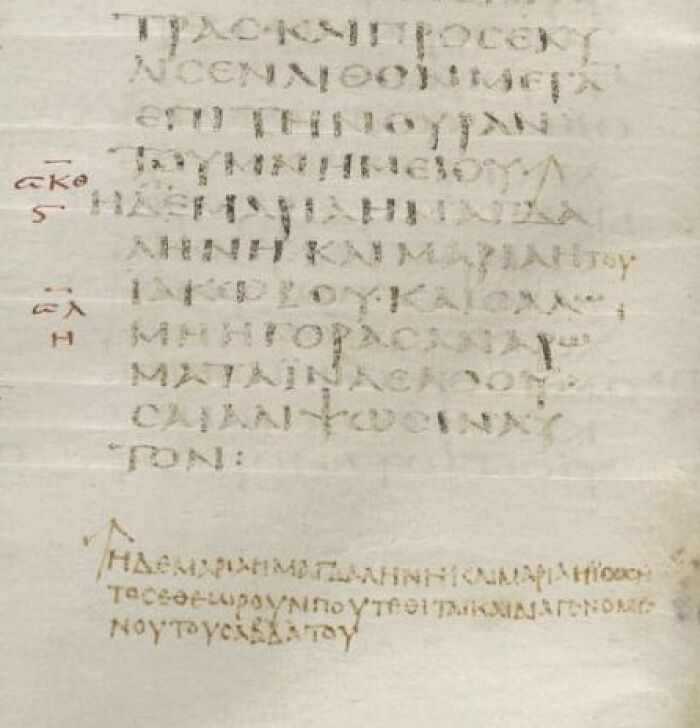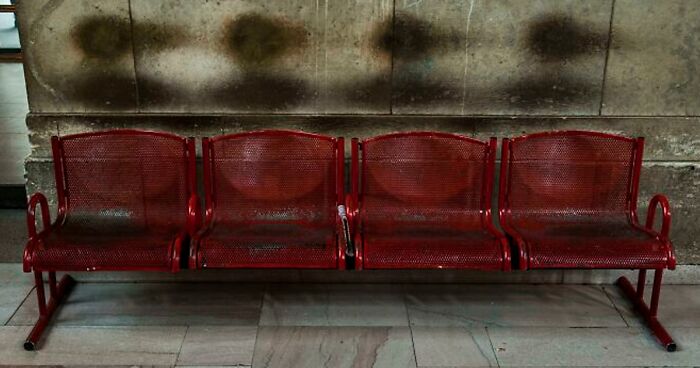Ever lost a set of keys in a coffee place or a telephone in the office? Losing something from time to time is a "normal" thing, so it is not a wonder why history is full of lost treasures ranging from small to larger ones. Some get misplaced, and others get hidden with good intentions. A lost treasure is just that — a thing lost to overall humanity. Yet, why do some people who seek to rediscover these hidden treasures search for them for many years?
It is human nature to search for what was once lost — to rediscover a part of a long-lost past of the oldest human civilizations. Lost treasures of Egypt, for example, allowed us to see just how strong the Egyptian empire was. In addition, we got hints at more secret treasures that Egyptians hid away or lost to the cruelty of time. Even fictional lost riches, like those in the Indiana Jones movies, are fascinating due to their general mystery.
Want to be like Nicolas Cage from National Treasure, minus the dangerous adventures? Since our history is vast and quite expansive, we have compiled a list of more than one hidden treasure lost in our shared history. If one or two of the treasures piqued your interest, make sure to upvote them. If you have a theory of where the secret treasure might be — share it in the comments below.
This post may include affiliate links.
Leonardo Da Vinci’s Manuscripts
Francesco Melzi, a pupil of Da Vinci, received many manuscripts as an inheritance from his master. After Melzi passed away, the documents were lost or scattered. Some got stolen, while others had been given away or misplaced by Melzi. The ones we have today contain just about a fifth of Da Vinci's whole body of work.
Florentine Diamond
The 137-carat yellow Florentine Diamond most likely originated in India and arrived in Europe around the end of the 15th century. Charles I, the last emperor of Austria-Hungary, gave it to Bruno Steiner, an Austrian attorney, to assist the exiled royal family in selling it. What transpired after it is unknown and the diamond is considered lost.
George Mallory's Lost Camera
While on a voyage to Mount Everest, George Mallory and Andrew Irvine disappeared, and with them — a camera. The body of George Mallory was found in 1999, while Irvine's body is still missing (allegedly). It is still a mystery if both explorers were able to reach the summit before passing away. If the camera is found, perhaps we could get the answers we seek.
Amber Room
The gold-plated Amber Room, built in the 18th century, was located at the Catherine Palace at Tsarskoe Selo, not too far from St. Petersburg. The room's panels and artwork were torn apart and transported to Germany during 1941. Since then, the room was never put together with original parts, only with replicas.
Lost Da Vinci Mural
A fresco by Leonardo da Vinci from 1505 shows Milan defeating the Italian League under Florence at the Battle of Anghiari in 1440. When architect and painter Giorgio Vasari remodeled the hall in 1563, it was gone. Numerous scientists think that Vasari's artwork covers up the Da Vinci mural. Some historians state, that Da Vinci never got around to create the Battle of Anghiari mural.
Historians recently concluded that da Vinci never painted the Battle of Anghiari.
Sarcophagus Of Menkaure
The smallest of the three pyramids built at Giza around 4,500 years ago is the Menkaure pyramid, named after the Egyptian king. When exploring the pyramid in the 1830s, the Sarcophagus Of Menkaure was uncovered, but when it was transported to Britain, the ship was supposedly destroyed by a severe storm.
Amelia Earhart’s Plane
Amelia Earhart made history by being the first woman to fly across the Atlantic Ocean and the first person to travel from continental United States to Hawaii. While trying to circumnavigate the whole globe, she disappeared over the Pacific Ocean. It is still unknown what happened to her and where her body is.
Jack The Ripper’s “From Hell” Letter
The name "Jack the Ripper" came from a letter written by someone claiming to be the infamous serial killer. However, the letter addressed "From Hell" is genuine. The letter arrived with half of a kidney when it was sent to George Lusk on October 15, 1888. The letters were misplaced, thus extinguishing one more lead that could have helped solve the mystery.
If you can't read it... From hell. Mr Lusk, Sor I send you half the Kidne(y) I took from one women prasarved it for you. tother (the other) piece I fried and ate, it was very nise. I may send you the bloody knif(e) that took it out, if you only wate a whil(e) longer. signed Catch me when you can Mishter Lusk
Library Of Alexandria
Alexander's library might have had the biggest collection of works in the world. It included more than 500,000 ancient texts from Assyria, Egypt, Greece, India, and Persia. Although the blame for destroying the Library falls on fire, the actual cause is unknown. Some claim the Romans destroyed it, while others attribute it to religious motives.
Crown Jewels Of Ireland
These jewels were created in 1783 with a total of 394 stones. The origins of the stones varied, with some coming from Turkey and Mughal rulers. They were stolen from Dublin castle in 1907. It is unknown who stole them, but some believe it was Francis Shackleton, brother of Ernest Shackleton.
Royal Casket
Polish Princess Izabela Czartoryska assembled the "royal casket," or collection of items from the former ruling royal dynasties, in 1800. It contained jewels of the royal family and other riches. The royal coffin was taken by Nazi Germany after it invaded Poland in September 1939. The contents of the coffin are now gone.
Oh, they're around somewhere, broken down into unrecognizable bits and sold.
Caravaggio's Nativity
Italian painter Michelangelo Merisi da Caravaggio, who worked from 1571 to 1610, produced the Nativity with St. Francis and St. Lawrence in 1609. The picture got stolen from a chapel in Palermo, Sicily, Italy, in 1969, and it's still unknown who took it. A replica was created and unveiled in 2015.
Jules Rimet Trophy
The trophy was initially given out at the first World Cup in 1930 and was handed from one champion to another every four years. After Brazil won the competition for the third time in 1970, they were given the trophy and allowed to keep it. Unfortunately, the cup was stolen in 1983 and disappeared from the public eye.
It is believed to have been melted down and sold. After all, It was made of solid gold!
World's First Feature-Length Film
The 1906 Australian movie Story of the Kelly Gang was the first full-length motion picture ever made. The movie gained considerable prominence due to rising crimes. More criminal activity increased in the neighborhood as a result. Sadly, it was never correctly saved. A portion of it was made public thanks to fragment discoveries.
The Complete Canterbury Tales
Chaucer only completed writing roughly a fourth of the stories (24 of the 100, to be exact) he intended to include before passing away. Some of those stories were still in pieces when he passed away. Since there are a lot of variations of the stories, it is not clear how the original narrative should go.
In this case I think it means the original texts which would clear up which versions of the stories he did manage to finish are authentic and which ones were possibly completed or edited later by other authors
The Complete Bayeux Tapestry
This magnificent tapestry, 230 feet long and 165 feet tall, was created in the 11th century. The Norman conquest of England was displayed on it. The tapestry was split up in 1792 and used as a military resource to cover up wagons. When historians tried to put it together, parts were missing, thus a narrative couldn’t be completely assembled.
"It was rescued from a wagon by a local lawyer who stored it in his house until the troubles were over, whereupon he sent it to the city administrators for safekeeping."
Lost Raphael Painting
Nazi authorities seized the Portrait of a Young Man artwork from a gallery, wanting to display it in the planned Linz Art Gallery. The picture was last spotted in Hans Frank's cottage in Neuhaus on the shore of Lake Schliersee, Germany, in January 1945. No one knows the whereabouts of this artwork.
Michelangelo's Mask Of A Faun
The Italian artist Michelangelo di Lodovico Buonarroti Simoni created the marble sculpture "Mask of a Faun," which has half-human and half-goat characteristics. When German forces took it from Castello di Poppi, a fortress in Tuscany, in 1944, it was misplaced and disappeared. The mask's current location is unclear.
Michelangelo's Leda And The Swan
The old mythological event where the god Jupiter seduces Leda, the queen of Sparta, is shown in Michaelangelo's work Leda and the Swan. Although it is unknown precisely how Michelangelo's picture disappeared, one theory is that at some point in the last 500 years, some people found its sexual content too much and destroyed it.
Ark Of The Covenant
The Hebrew Bible describes the Ark of the Covenant as a chest with tablets bearing the 10 Commandments. The chest was stored in a Jerusalem temple that was allegedly constructed by King Solomon. The fate of the Ark of the Covenant is unknown (unless you saw Indiana Jones), and information about its whereabouts have long been lost.
Ancient Jewish sources, which are repeated by the Greek and Roman Historians, is that right near the end of the period of the First Temple, the priests hid the Ark, along with the High Priests breast plate, and dozens of other items in a secret chamber or cave somewhere (Including the special heavy golden key that was the only key for Temple Doors). When they built the second temple, they went looking for it but couldnt find it. Even post-destruction of the second Temple, Jewish explorers went looking for it in the myriad of cave networks in the hills around Jerusalem. Who knows where it would be. If they didnt hide it, the Babylonians would have looted it, and who knows.
Missing Romanov Easter Eggs
The Russian jeweler Peter Carl Fabergé, from 1885 to 1916, produced elaborately designed "Easter eggs" for the Russian imperial family. Sadly, several royal family members got taken out during the Russian Revolution, and some eggs were lost and erased from history. The ones that are secured are worth quite a lot of money.
Nazi Gold
According to folklore, a Nazi unit under SS leader Ernst Kaltenbrunner submerged a significant amount of money into Lake Toplitz in Austria after World War II. It was done to prevent it from falling into the hands of eastern armies. Numerous searches have been conducted, but no gold has yet been discovered.
Honjo Masamune Sword
The Honjo Masamune is a sword that many believe was made by Gor Nyd Masamune, regarded as the greatest swordsmith in Japanese history, who lived from 1264 to 1343. It was taken by the US occupying forces and then swiftly vanished. American troops probably destroyed the sword with many other Japanese weapons.
Treasures Of Nimrud
The city of Nimrud was captured in June 2014 and looted by the Islamic State, a terrorist group. Recaptured in 2016, it was time to count the stolen and destroyed items. Many of the valuables of Nimrud were lost forever, while others were damaged. Some of the loot got sold on the black market.
Yongle Encyclopedia
Completed in 1408, the Yongle Encyclopedia was the biggest in China and the globe. It got transferred to the Forbidden City around the 1500s for security. The original was lost or dispersed shortly after the emperor had it reproduced. Some historians think a fire that engulfed the Forbidden City during a revolt destroyed the Yongle Encyclopedia.
It apparently was 15 million words long. Some of the words that were there previously might be extinct today . . .
Colossus Of Rhodes
The Colossus, one of the Seven Wonders of the Ancient World, was modeled after the Greek sun deity Helios. It was built around 280 B.C, but a part of it got destroyed in a devastating earthquake that hit Rhodes in 226 B.C. Parts of the statue are still intact, unlike the remains of other antique artifacts.
Parts of the statue are not still intact. While many bits stayed where they fell for a good few hundred years, all remnants were melted down after an Arab invasion (Can't remember who or the year off the top of my head). Also, the idea that it straddled the harbour entrance is silly.
Sappho's Lost Poems
The Greek lyric poet Sappho flourished in the seventh century B.C. Unfortunately, very few of her poems have survived the test of time. In 2014, University of Oxford specialist Dirk Obbink made portions of two previously undiscovered Sappho poems public. Locations of other works are unknown.
The Just Judges
The "Just Judges" panel is a component of the 15th-century Ghent Altarpiece, a piece of art located in Saint Bavo's Cathedral in Ghent, Belgium. It was created by Hubert and Jan van Eyck. The panel disappeared in 1934 and has been lost ever since. Nevertheless, despite the passing of time, new information keeps coming in, and the case file is still open.
Ur-Hamlet
The majority of scholars concur that Thomas Kyd's play Ur-Hamlet served as the inspiration for Shakespeare's well-known tragedy. Sadly, there are no copies of Ur-Hamlet left for us to enjoy. The only thing known is that Ur-Hamlet played in London, adding to the theory that William Shakespeare saw the play and got inspired to write his own Hamlet.
It wasn't CALLED "Ur-Hamlet." "Ur" is an academic word used to designate an earlier version or prototype for something.
Copper Scroll Treasures
The text carved on a sheet of copper that describes the location of a large amount of hidden wealth might be the most remarkable Dead Sea Scroll found in the Qumran caves in the West Bank. According to some academics, the wealth mentioned in the Copper Scroll might be the one that was hidden from the approaching Roman soldiers.
Isabella Stewart Gardner Museum Stolen Art
Two shady burglars from Boston, Massachusetts, stole 13 items of art worth over $500 million. Rembrandt, a Dutch painter, contributed three of them, while Edgar Degas, a French artist, contributed five. The identity of the burglars is still a mystery, and the works of art were never found.
The Life Of General Villa
The Mexican revolutionary commander Francisco "Pancho" Villa was portrayed in the lost movie The Life of General Villa. Although it was made and shown, it is now gone. Shortly after the movie's debut, Villa's men invaded New Mexico and massacred several Americans, turning him into an enemy of the United States.
Parliamentary Mace
The gold-plated Parliamentary Mace symbolizes the Speaker's office and the people's constitutional rights. One of Australia's biggest mysteries is the theft of it from Victoria's Parliament. However, anyone who locates the mace today and returns it will get a hefty $50,000 prize.
Not trying to start nothing, but it bears a striking resemblance to to one in New Zealand...
Plato’s Hermocrates
Plato is known for many things, one of which is his Hermocrates - an end to a three part story. The texts are full of monologues and writings in the first person. What was written is left up to historians to speculate. The speaker might have been a Syracusan general and statesman. It might have provided insight into naval strategy and power.
Love's Labour's Won
You might have read Hamlet, but did you know about Love’s Labour’s Won, the lost William Shakespeare creation? Some academics contend that references to Love Labour's Won alludes to Shakespeare's well-known and often staged comedy Much Ado About Nothing. This work does not appear to have any surviving copies.
The general censuses amongst Shakespearian scholars is that it was not a play in it's own right, rather is was an alternative/proposed title for another piece of work, such as Much Ado About Nothing or The Taming of the Shrew.
Menorah From The Second Temple
The Roman troops took the Second Temple's riches back to ancient Rome before it got destroyed. These riches included the menorah, a six-branched light stand. The menorah is large, almost like the soldiers carrying it. It's unknown what happened to the menorah once it arrived in Rome.
It was massive of solid gold, not hollow, solid through. It was most likely melted down by the Romans, as they had taken out massive loans at high interest to fund their war to put down the Jewish Revolt 66-70CE (where from 70-73 they mopped up the last resistance like Mossada). They had tons of debt, and the Temple had thousands of ceremonial bowls and pitchers, all made out of gold or silver. It had the entire East and West sides coated in gold plates to glitter in the sun, the top was coated in rows of gold thorns, and much more gold in it (Josephus, Pliny, and others all saw it and described it, including 2 massive solid copper doors, each 16 feet wide and 32 high), etc. In fact the Romans also used much of the gold to fund projects too. The Romans most likely melted it down for the gold to pay debt. Though there is a legend it is in the Vatican somewhere, though the Catholic Church denies this. You can see a replica in Jerusalem's Jewish Quarter, in the old city, made to spec
Holy Chalice
Because it was the cup that Jesus drank from or used to serve wine at the Last Supper, the Holy Chalice has been a subject of many adventures. It is linked to the Holy Grail, a mythical object from Arthurian mythology. To this day, scholars continue to disagree on the Holy Chalice's existence and location.
According to the bible, Jesus sent 2 disciples to go into city, find a bloke carrying water, and that he would lead them to a house where they would spend Passover. From this we can assume that the homeowner provided the furniture/materials to host the event. Now, while the home owner was wealthy enough to have a room large enough to host 13 fellas, it's not likely that they would have let them use their best gear. After the event, the homeowners servants would likely have cleared the table and cleaned the equipment. It's likely that they wouldn't have known who used what cup or plate as they were not present. It would have been collected as part of the washing up. There was no Holy Grail from the last supper, that aspect was invented by medieval writers. The Holy grail was the bowl used to collect Jesus's blood at the crucifixion, but I'll get into that another time.
Peking Man
The remains of a hominid, known as Peking Man, found in a cave in 1923, could have shone some light on the history of humanity. However, the fossils vanished in 1941, during the Japanese invasion of China, and it is still unclear where they are. The fossils may have gotten lost at sea during their journey to the United States, who were trying to rescue them.
"In 1941, to safeguard them during the Second Sino-Japanese War, the Zhoukoudian human fossils—representing at least 40 different individuals—and artifacts were deposited into two wooden footlockers and were to be transported by the United States Marine Corps from the Peking Union Medical College to the SS President Harrison which was to dock at Qinhuangdao Port (near the Marine basecamp Camp Holcomb), and eventually arrive at the American Museum of Natural History in New York City. En route to Qinhuangdao, the ship was attacked by Japanese warships and ran aground. Though there have been many attempts to locate the crates—including offering large cash rewards—it is unknown what happened to them after they left the college. Rumors about the fate of the fossils range from their having been on board a Japanese ship (the Awa Maru) or an American ship that was sunk, to be ground up for traditional Chinese medicine. The affair also provoked allegations of robbery against the Japanese."
Lost Dutchman’s Gold Mine
Even today, thrill-seekers and treasure hunters risk their lives and health to find the hidden treasure of the “Dutchman” in Apache Junction. The “Dutchman”, a German immigrant named Jacob Waltz, hid some gold in the mountains and took the location of it with him to the grave. Some believe that the trove is full of precious metals.
For the record, Apache Junction is the name of a nearby town. The mountains in the picture are The Superstition Mountains, east of the town. There are interesting public hiking trails there.
Q Source
Modern academics refer to the Q Source, or just Q, as a fictitious first-century A.D. document that includes some quotations ascribed to Jesus. The fact that some sections in Matthew and Luke are similar builds the foundation for Q Source. Sadly, this is only theoretically possible because of the lack of evidence.
First-Century Gospels
The canonical Christian gospels of Mark, Luke, Matthew, and John are available in manuscript form from the second century A.D. However, academic experts think that several of these gospels were first composed in the first century. It is still a mystery if the first draft versions of the stories are still around.

 Dark Mode
Dark Mode 

 No fees, cancel anytime
No fees, cancel anytime 






